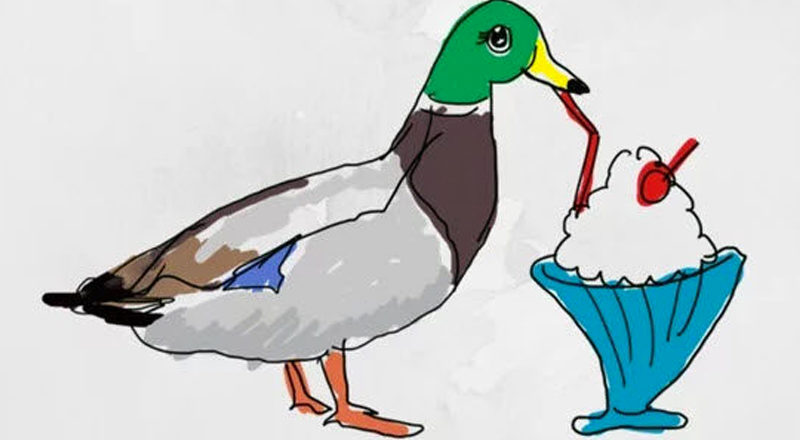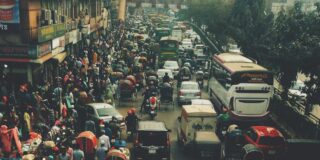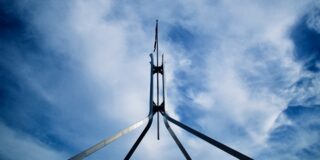
Every election, there’s a trend in the news cycle. This time around, it’s mining the social media history of election hopefuls.
Journalists and political muckrakers have spent endless hours travelling back years through Facebook Memories, hoping to turn one forgotten comment into frontpage news. This is a worthwhile lesson for many hopeful candidates, a reminder that vilifying people based on their race, gender, religion or ability will come back to haunt you.
The result with voters has been a mix of outrage over the comments and the helpless milkshake-ducks-in-the-making that are standing for election. It’s worth remembering that nothing is safe to do or say online and it can prevent people rightfully or wrongfully from public life.
But beneath the anger and memes is another lesson: no Australian is safe online thanks to the government’s broken approach to digital rights. And, just as we hold politicians to account for what they say online, we should really hold them to account for what they’re doing to us online.
Whether it’s forcing us to put our names on the Census, or hoarding our metadata with all the greed and finesse of a particularly broken Gollum, new ways to retrieve and retain our data are rolled out each day. In the face of an election, our every political and online action is matched with the electoral roll and fed into some of the most sophisticated profiling software, all to send us targeted political ads.
Basically, our government is watching everything we do online like a bored journo from The Australian waiting for a scoop.
When it comes to trusting those in power, we comfort ourselves with the belief that checks will balance back to our favour. Australians believe there is always a guiding corrective force that will steer things back on course should they go array – like if data is breached, used improperly, or our rights have been infringed.
But the Australian Government has made sure those checks and balances don’t exist because of an amendment to the Privacy Act 1988, allowing them to do whatever they want in the name of “political communication”. It’s a curious turn of phrase that the very legislation designed to ensure our privacy allows the government to remove it.
Not only that, we’ve had almost as many data breaches of Australians’ personal data as we’ve had politicians quitting the election. Of course, that’s only because the government is required to disclose breaches thanks to the Privacy Amendment.
We may be outraged at how aspiring politicians acted online any number of years ago, but bored journos and dirt units dredging Facebook and Twitter is small scale compared to what the government is doing on a daily basis without any plans of stopping.
If we’re supposed to care about a reply to a private Facebook group in 2014 that doesn’t constitute hate speech, shouldn’t we also care about how political parties and independents will protect our privacy? Where do they stand on metadata retention, facial recognition programs and internet filters? Will they endorse copyright reform and protect our privacy and right to use encrypted communications? What about using citizen data ethically when it comes to monitoring surveillance agencies, safely and ethically containing My Health Record, and rolling back toxic Centrelink robo-debt?
These aren’t niche issues, as anyone who has gone through the horror of Centrelink’s robo-debt would attest – they impact people every day in some spectacularly stressful ways. All parties have policies on these issues because they are important, even if they don’t receive as much coverage as they should.
We can’t wait around for the necessary checks and balances to suddenly appear to steer our rights back on course: they have to be voted back in. That can only happen if we give as much airtime to Australia’s digital rights as we do to the latest milkshake duck.




